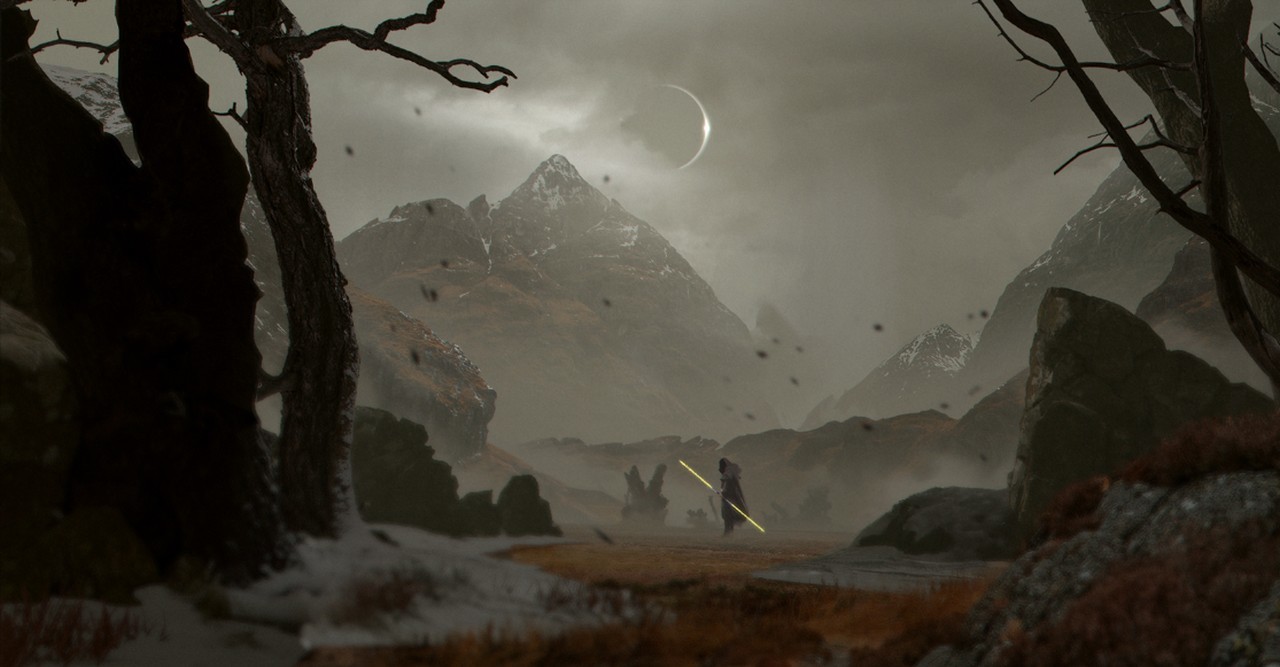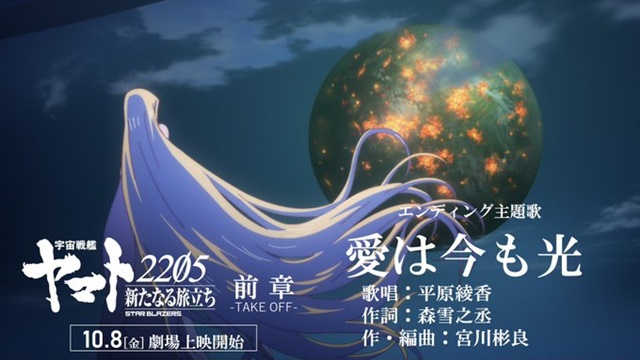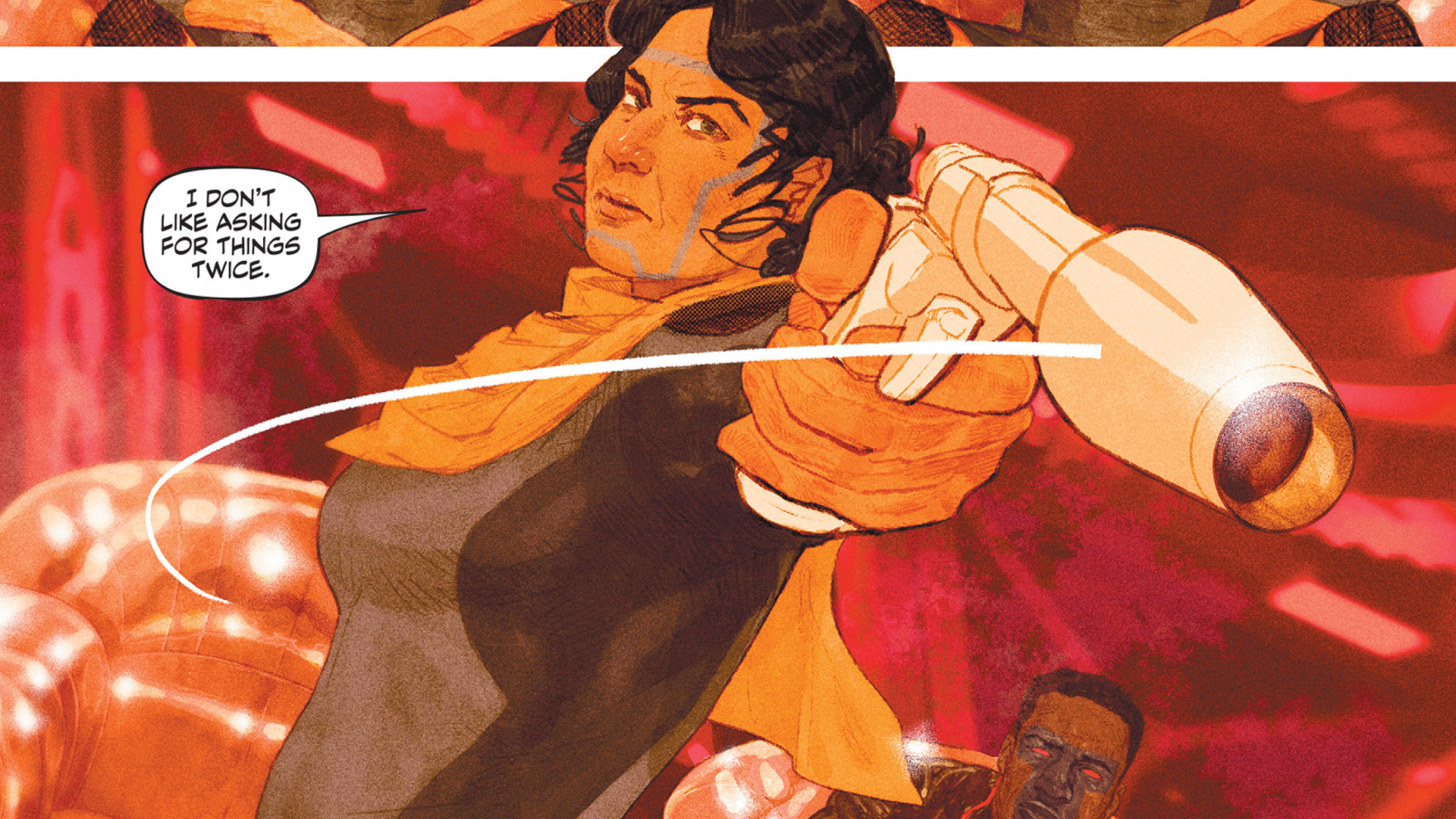How are we able to coherently judge the world, our societies, institutions, arts and even our basic everyday choices – when we are also being asked to come to terms with the fact that pretty much anything a human does is bad for our planet?
The climate crisis is manifestly worsening. The critical life-supporting systems on our planet are collapsing. We are to blame. But even with this knowledge, formulating a rational and consistent response on an individual level is practically impossible. “Should I buy these imported blueberries? Are the systems that allow me to buy blueberries in January also actually hastening the apocalypse? I need to eat something.”
As a member of this planet-destroying parasite species myself, I find such mental somersaults exhausting to the point of numbness.
And I am not the only one. As the positive public response to the film Don’t Look Up has highlighted, our species is becoming increasingly ill at ease with the level of cognitive dissonance now required to make it through each day with our sanity intact.
You must grapple with the complex realities and the dark conclusions they lead to, or you retreat – wittingly, or coddled by soothing distractions – into ignorance. Either way, it is unsustainable for a civilisation or for the natural world.
Don’t Look Up has been Netflix’s most successful project to date, and it’s not hard to see why – it offers some of the broad coherence and basic truths we are all crying out for. Yet there is palpable anger at many of the bad reviews of Don’t Look Up, and this is for a fascinating reason.
We know we are absolutely failing as a society to find meaning and purpose. The film – even without the eloquence many critics apparently would have preferred – has shone a new spotlight on the “scar across our collective soul”, as the anthropologist David Graeber describes the psychological impact of capitalism’s brutalising grip in his book Bullshit Jobs: A Theory.
The film offers no redemption. It takes a look at our society and judges it to be beyond saving: our leaders are abject, the systems we work within are largely pointless and damaging, our ill-educated populations only want easy answers or comforting lies. This is extremely uncomfortable for many people – perhaps especially those skewered in the film – including those in the media who deal in light entertainment.
As well as the climate crisis, the film captures our jumbled and inchoate response to the coronavirus pandemic, raising questions about trust in the media, politicians, corporations, science, and whose interests are ultimately being served.
It shows us the mess we’re in. It does not show us how to escape this mess. Again, this either leaves us feeling uncomfortable, or may ironically offer relief that at the very least some of us are capable of admitting how screwed we are. But more than that, the intense debate over the film’s critical reception should serve as a turning point.
As our species grapples, for real, with whether it has a future or not, it is simply not good enough for those of us in wealthy nations to maintain our existing cultural norms (which largely grew out of the 20th century’s political and economic doctrines).
For their part, the critics haven’t done anything different from how they would normally review a film – they have looked at the scriptwriting, the acting, the jokes and the directing, and the film’s context in relation to other films, as they would have done for any other Hollywood action film.
But what is suddenly emerging is a disgust at this narrow way of thinking. A huge number of responses to the film’s poor reviews say that the critics have “missed the point”. They are right.
Why is it that scientists and environmental campaigners are better able to articulate why the film was powerful? It is because the lens through which they view the world suddenly overlaps with the wider concerns people have about the state of the world – not the state of cinema.
It must be noted that not all critics attacked the film, and many did indeed recognise its key elements, not least the four-star review by my colleague Clarisse Loughrey.
Empire magazine also gave the film a good review, though it somehow did not make any mention that the film was an allegory for the climate emergency – perhaps illustrating the gulf in concern for the natural world this article is about.
As the climate crisis worsens, it will increasingly inform the human experience – from our most fundamental interactions with our planet, such as breathing, eating and drinking, to our relationships, arts, architecture and political philosophy.
To keep up to speed with all the latest opinions and comment sign up to our free weekly Voices Dispatches newsletter by clicking here
In government, there have been calls for the creation of a “net zero ministry”, which could work across all departments to vet policies to ensure they are working to a common environmental framework. This is a good idea – it ought to be implemented.
A similar approach must be taken by the media en masse. The critics of the future must invest more heavily in the human project – that means getting a grip on how the climate crisis and the environment affect their subject.
We must find a new way of seeing what we are doing and the world we are a part of, not apart from.
Harry Cockburn is Environment Correspondent and a news editor at The Independent
Note: This article have been indexed to our site. We do not claim legitimacy, ownership or copyright of any of the content above. To see the article at original source Click Here













